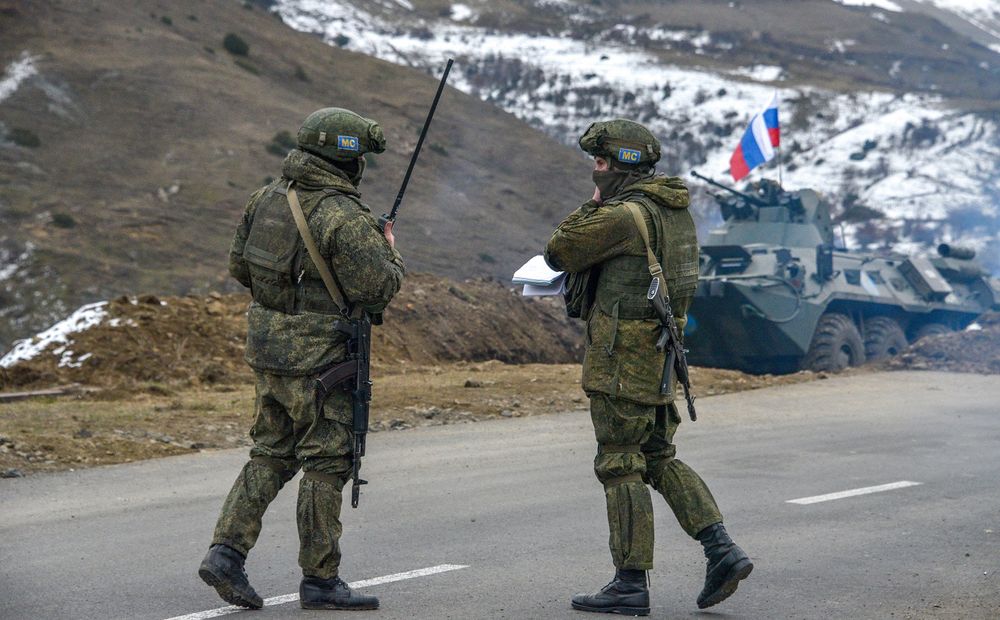💬 How Malaysia’s Flawed Inter-Ministry Coordination Will Derail Our Balancing Strategy:🧵
1. The Huawei AI chip episode reveals a deeper weakness in 🇲🇾’s balancing strategy. It exposes a troubling structural flaw, that is the weak inter-ministry & inter-agency coordination.
1. The Huawei AI chip episode reveals a deeper weakness in 🇲🇾’s balancing strategy. It exposes a troubling structural flaw, that is the weak inter-ministry & inter-agency coordination.
https://twitter.com/FT/status/1925768679553159371

2. By all appearances, 🇲🇾 is striving to position itself as a neutral yet strategic player amid intensifying US-China tech rivalry. It has welcomed foreign investment from both sides, courted digital partnerships with 🇺🇸 tech giants, and opened doors to 🇨🇳 AI & 5G technologies.
3. Malaysian government initially declared it would implement 3,000 Huawei Ascend GPU-powered AI servers nationwide by 2026, positioning itself as the first country to adopt this technology at a national scale.
malaymail.com/amp/news/malay…
malaymail.com/amp/news/malay…
4. This move would have represented a significant win for Chinese tech influence in Southeast Asia at a time when the US is actively working to contain China’s global AI expansion.
5. Within a day of the announcement, Malaysian officials abruptly withdrew Deputy Communications Minister Teo Nie Ching’s statements without offering any explanation for the reversal.
6. The incident follows recent US Commerce Department guidance warning that using Huawei’s Ascend chips "anywhere in the world” could potentially violate American export controls. 

7. Malaysia’s strength lies in its ability to navigate between the U.S. and China without aligning too closely with either. But that strategy only works if policy is clear, consistent, and credible. Poor inter-ministerial coordination erodes all pillars.
8. Impact on @tzafrul_aziz Tariff and Trade Talks
As Minister of Investment, Trade, and Industry (MITI), Tengku Zafrul Abdul Aziz has been trying to secure preferential tariff arrangements with the US. These negotiations depend heavily on predictability and coherence.
As Minister of Investment, Trade, and Industry (MITI), Tengku Zafrul Abdul Aziz has been trying to secure preferential tariff arrangements with the US. These negotiations depend heavily on predictability and coherence.
9. Key players like the US Trade Representative’s Office might question Malaysia’s ability to uphold digital trade standards or protect intellectual property if ministries contradict one another.
10. In short, Zafrul's efforts could be undermined not by external opposition, but by internal chaos.
This isn’t just an administrative hiccup, but a strategic liability. This lack of coherent direction sends the worst possible message to investors & strategic partners alike.
This isn’t just an administrative hiccup, but a strategic liability. This lack of coherent direction sends the worst possible message to investors & strategic partners alike.
@CallSignTsoi @DaniKarlg @polietzz
@threadreaderapp unroll
• • •
Missing some Tweet in this thread? You can try to
force a refresh
















